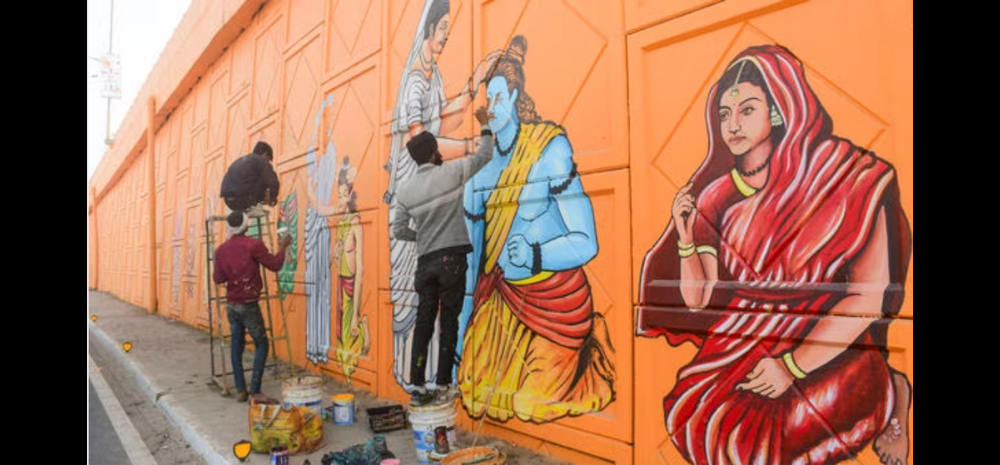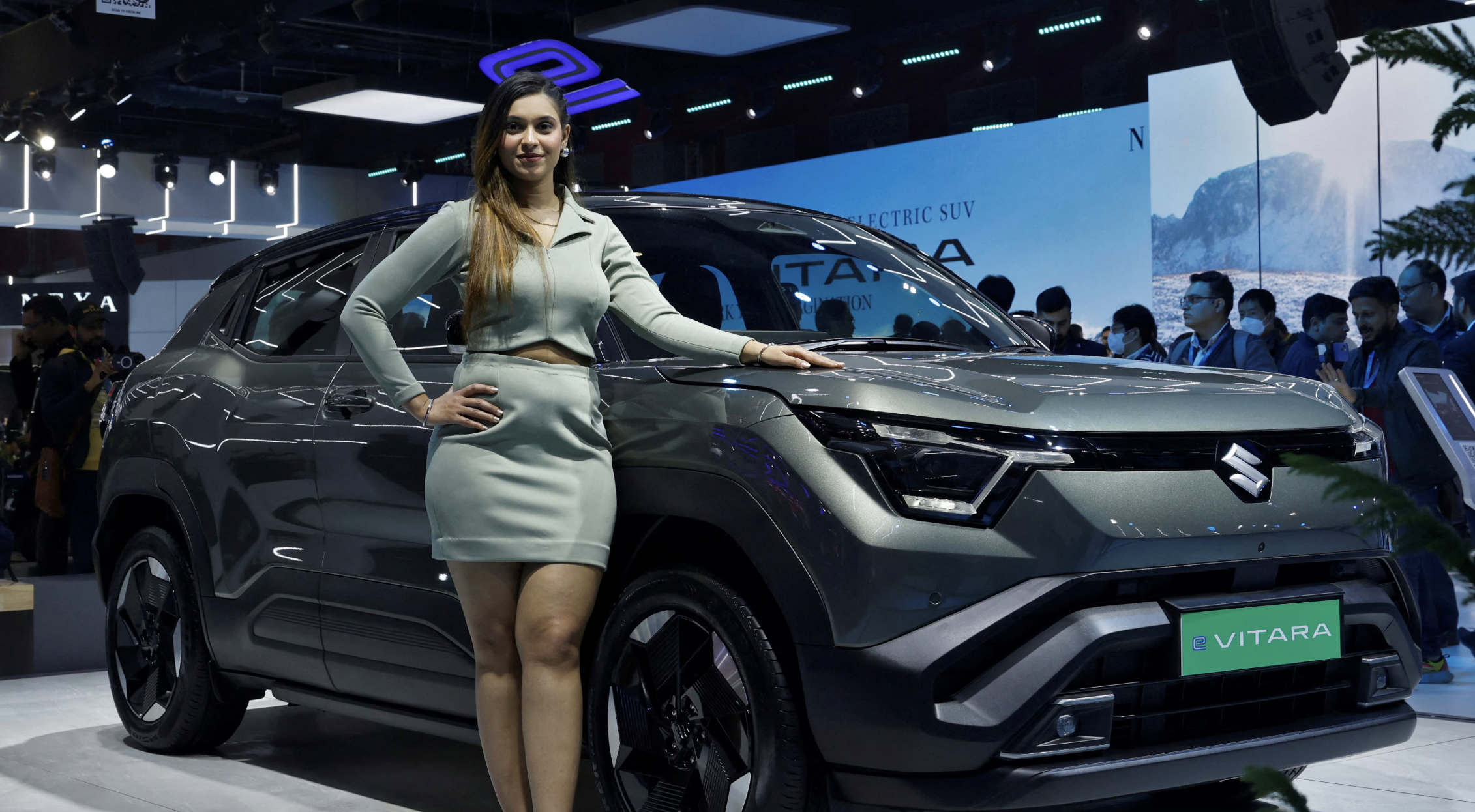AI Set to Dominate Coding—but Not Creativity
Microsoft CTO Kevin Scott has boldly forecasted that 95% of all code will be AI-generated within the next five years. Speaking on the 20VC podcast, he said that most routine, line-by-line coding will no longer be done manually. However, human developers will remain indispensable for solving complex engineering problems and crafting creative solutions.

A New Era of Software Engineering
Scott clarified that AI is not replacing developers—it’s augmenting them. AI tools will lower the barrier to entry, allowing even non-tech users to build applications or websites. For seasoned programmers, AI will act as a force multiplier, enhancing efficiency, speed, and scalability of their work.
“AI will raise everyone’s level,” said Scott, envisioning a future where developers focus more on innovation than boilerplate code.
Human Intelligence Still Reigns in Complex Problems
For tasks involving high-level computation, algorithmic design, or systems architecture, human skill will remain critical. “If you are trying to solve the world’s hardest computational problems, you’re going to need computer scientists,” he noted.
AI to Redefine Product Development
AI will also streamline the product lifecycle, enabling end-users to build their own tools, potentially reducing the need for intermediary roles like UI/UX and QA in early development stages.
A Growing Conversation Around AI and Jobs
The comments come as tech leaders assess AI’s long-term impact on software engineering. Earlier, OpenAI CEO Sam Altman stated that while AI may reduce the need for engineers eventually, each engineer will accomplish far more in the near term.
Scott’s vision paints a future where AI enhances human potential rather than eliminating it—reshaping software development from a solitary discipline into a more accessible, collaborative frontier.











